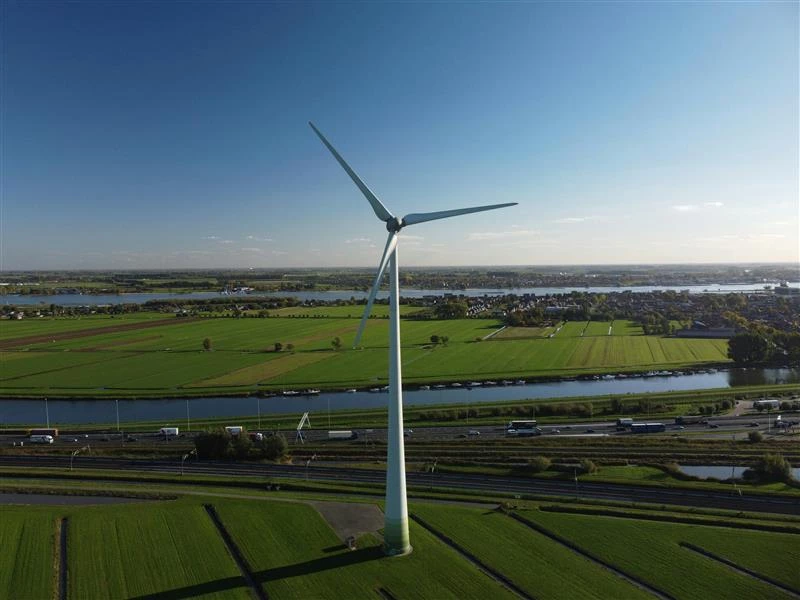For the global energy market, renewable energy adoption has long been a point of emphasis for several nations as evidenced by climate change conferences like COP27. Following the global trend, Indonesia is now placing a clean energy transition at the forefront of its priorities as doing so will help address important issues like energy security and fossil fuel reliance.
In the context of business, Indonesia’s mission to bolster the development of its renewable energy sector will have a significant impact on how its professional industries operate, grow, and attract investments from foreign and domestic players alike.
The Power Sector’s Clean Energy Transition
Given that Indonesia and its industries have relied heavily on fossil fuels in years past, the transition to clean energy will be gradual as such an enormous undertaking cannot happen immediately. In the context of planning for renewable energy adoption, the public sector will play a significant role, especially in terms of policies and schemes being established to ensure that the power sector transitions smoothly.
For instance, as per a 2022 industry report analyzing the Indonesian power sector, the government recently introduced three initiatives that would help coal-fired power plants reach early retirement. Through methods like blended financing, state-owned enterprises will take over operations of existing coal-fired power plants and shorten their life span. In West Java, one such coal power plant is expected to shorten its life cycle from 24 years to 15 years, which will result in 12 million USD saved and carbon dioxide reductions reaching up to 51 million tons.
Meanwhile, the entry of international players will also be essential to Indonesia’s net zero emissions ambition. To facilitate new market entrants in the power sector, Indonesia must continue to strengthen its international relations with countries that are similarly invested in transitioning to clean energy. As reported by Arab News, Saudi Arabia has committed to strengthening energy sector relations with Indonesia by developing investment opportunities in key areas like petrochemicals, electricity, and renewable energy.
International players can also provide Indonesia’s power sector with opportunities to collaborate in the development of renewable energy infrastructure. Such instances are already happening as evidenced by a recent venture between Japanese trading house Sumitomo Corp. and the Indonesian arm of Chinese-founded PowerChina to develop a 17.8 billion USD hydroelectric power station located on Borneo Island.
Investment Opportunities in Related Industries
Although Indonesia’s journey to clean energy is still in the early stages, these indicators suggest Indonesia is fully prepared to accelerate a clean energy transition in its renewable energy sector. Such a development will lead to the emergence of promising business opportunities for stakeholders across several relevant industries.
Considering the competitive advantage that clean energy practices can bring to businesses, other industries in Indonesia will inevitably follow the lead of the power sector. Several industries can benefit from the power sector’s clean energy agenda, such as manufacturing and finance.
Within the manufacturing industry, clean energy adoption will require the entry of smart technology as solutions like robotics, artificial intelligence, and the Internet of Things (IoT) will not only increase operational efficiency and lessen long-term expenses but will also promote sustainable manufacturing practices. Similarly, the financial industry can utilize financial technology solutions like e-money, which is paperless with virtually zero carbon footprint, to promote sustainability within the sector.
Overall, as Indonesia transitions to clean energy, investment opportunities will not be limited to the power sector as potential investors will also look to how sustainability can be achieved in other industries. Thus, interested parties should expect clean energy ventures to directly translate into business opportunities that attract international and domestic players alike.
To get insight into other industry trends related to the renewable energy sector in Asia and the potential implications of these developments, subscribe to our newsletter here and check out these reports:






